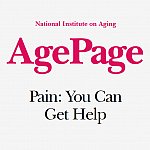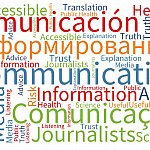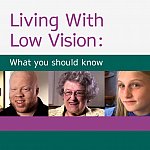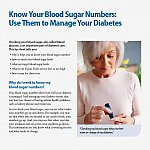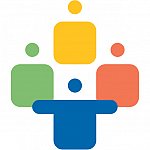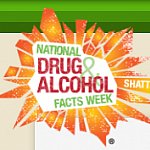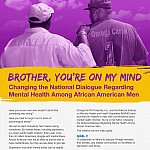You are here
Highlights of NIH Health Literacy Programs and Activities
The following selections describe health literacy programs and activities from a variety of NIH institutes, as submitted for the FY2015 HHS Biennial Report. For the full listing from NIH, please reference the pdf report.
Examples of opportunities for public input on health and/or safety information products
Health and safety information products created using health literacy or plain language tools
Health and safety information products that have been tested with the intended audience
Programs that empower people to be involved and active in their health
Five FY2015 health literacy research grants
The next frontier in diabetes communication: Promoting health literacy in the era of secure messaging
It can be difficult for people with low-literacy to understand emailed health information from their clinicians. This project uses computational linguistics to explain how diabetes patients with a variety of health literacy levels interact with their clinicians via patient portals and creates a feedback tool to assist clinicians to better accommodate diabetes patients' communication needs. (Funded by the National Library of Medicine.)
Improving advance care planning by preparing diverse seniors for decision making
PREPARE is a Spanish- and English-language, web-based intervention that builds seniors’ health literacy during a life period known for chronic and serious illness. Participants who complete the project create a practical advance care planning guide that to help older adults and their loved ones make complex medical decisions when the need arises. (Funded by the National Institute on Aging.)
Using virtual counselors to overcome genetic literacy barriers: Project VICKY
This team developed a computer-based virtual counselor program (Project VICKY, Virtual Counselor for Knowing Your Family History) and is testing its validity to help low-literacy, underserved people create accurate family health histories in English and Spanish to collect family health information and generate usable reports regardless of literacy level to identify people at greatest risk for diseases and therefore benefit from preventive care. Current evidence suggests that people with lower-reading grade and computer-navigation abilities cannot complete current popular health-history tools. (Funded by the National Human Genome Research Institute.)
Health literacy systems in the safety net: Lessons from complex care management
This project explains how healthcare providers accommodate previously uninsured and low income patients (newly insured through ACA), many of whom have low health literacy and multiple chronic conditions—while still providing high-quality care. (Funded by the National Institute on Nursing Research.)
Promoting safe use of pediatric liquid medications: A health literacy approach
This project identifies evidence-based strategies for labeling and dosing pediatric liquid medications to promote safe, appropriate use and to avoid medication errors and adverse events—for all parents regardless of literacy levels. This is an important pediatric issue, as over half of caregivers make errors when dosing liquid medications for children. (Funded by the National Institute of Child Health and Human Development.)
This page last reviewed on December 6, 2016




